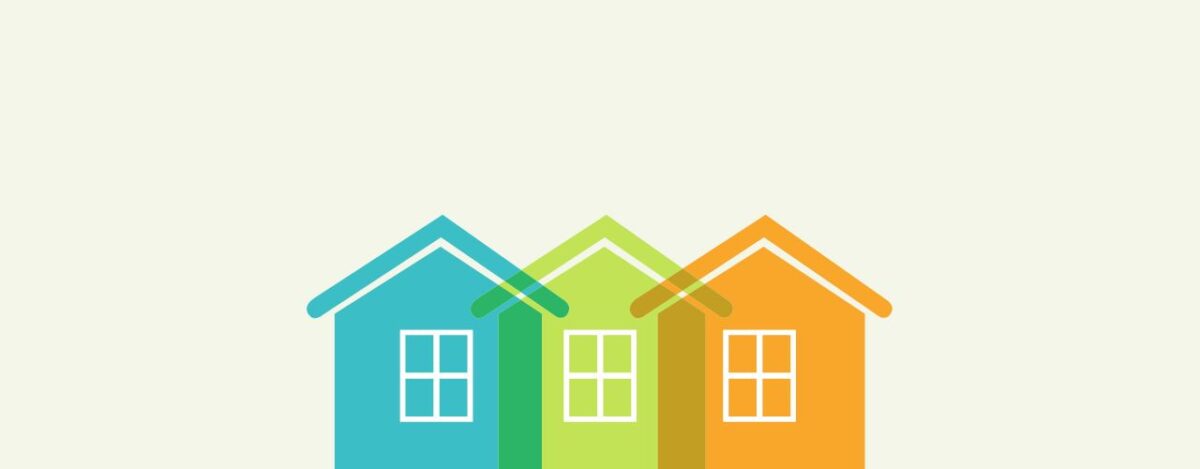When you are a renter, it is important to know your rights. As a tenant there are certain rules you must follow, like how there are certain rules your landlord must follow too. Surprises can happen, so it’s important to be aware of what your landlord can and cannot do.
Housingrightscanada.com is a great resource to use to learn more information about the rights you have as a tenant. This can help in cases like rent increases, illegal evictions, or maintenance requests. Through helpful articles, important resources, and people to contact, this information can help you feel more confident and aware if anything comes up.
Here are Housing Rights Canada’s Top Ten Tips for Ontario Tenants:
- Only provide deposits that landlords are allowed to request. When you are entering a lease agreement, your landlord cannot ask you to pay a damage deposit. Besides the first month’s rent, the only other monetary deposit a landlord can request is the last month’s rent and a key deposit.
- Request accommodations for your needs. If you have a disability, your landlord must make accommodations to ensure that you have equal access to and enjoyment of your rental unit. The landlord must work very hard to do this – up to the point of “undue hardship”, which is a very high standard.
- Do not accept a rent increase that is above the maximum amount allowed. For most units, rent increase amounts are governed by Ontario’s rent increase guideline, which sets the maximum amount that rent can be increased each year. For those units, the province will set an annual percentage that the rent can be increased by. For example, the rent increase limit in 2021 was 0%, and in 2022 was 1.2%.
- Hold your landlord accountable for repairs and maintenance. Your landlord must keep your unit in a good state of repair. It does not matter if you made a different agreement about repairs and maintenance when you signed your lease, or if you knew about a condition in your unit before you moved in. The law says that repairs and maintenance are always the landlord’s responsibility.
- Connect with your neighbours to resolve issues with your landlord. If you’re having issues with your landlord, talk to your neighbours. They may be facing similar issues, and together you can make plans about how to approach the landlord.
- Document interactions with your landlord. When possible, communicate with your landlord in writing and save all documents relating to your tenancy, such as your lease, rent receipts and any communication about repairs.
- Do not withhold your rent. In Ontario, you can bring a tenant application against your landlord if you think they are doing something improper. However, if you withhold your rent, you might be evicted.
- Do not move out immediately just because you received an eviction notice. There is a process through the Landlord and Tenant Board (LTB) that must be followed before an eviction can legally take place. In most instances, your landlord will have to get an order from the LTB to evict you.
- Do not move out immediately if your unit is sold. If the unit you are renting is sold to a new owner, it does not necessarily mean you have to move out. The new owner must continue to follow the lease. There are special rules the new owner will have to follow if they are planning to move into the unit.
- Seek help when facing challenges in your housing. CERA may be able to help you if you are facing an eviction or a human rights issue in your housing. Learn about our services. Call 1-800-263-1139 or 416-944-0087, or email cera@equalityrights.org. You may also find help at a legal clinic, the Federation of Metro Tenants Associations (FMTA) or the Advocacy Centre for Tenants Ontario (ACTO).
Visit housingrightscanada.com to learn more about your rights as an Ontario tenant.

